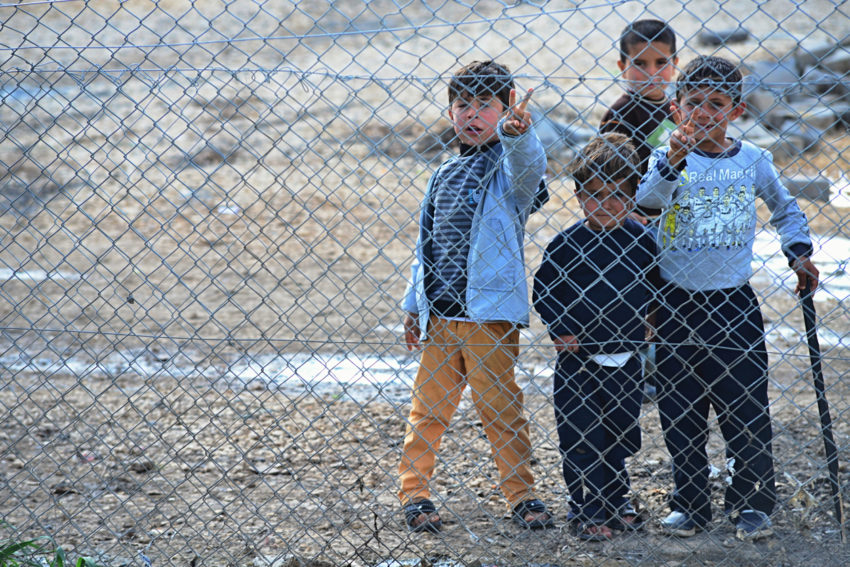
Share On Social!
Mental health experts are worried as the Trump administration pursues new policy that would allow it to indefinitely detain migrant families who have crossed the U.S. border illegally, rather than a maximum of 20 days NPR reports.
Detainment is damaging children’s mental health, they say.
“If the regulation goes through and we hope it will not … we’re going to see additional harm done to children,” Luis Zayas, a clinical social worker and psychologist at the University of Texas at Austin, told NPR.
Long Detainment Stays = Trauma
Detained immigrant children and families already face big stress, according to a recent study.
Researchers interviewed 425 mothers of children at the detention center. The mothers filled out a questionnaire about mental health symptoms in their kids.
32% of children at a detention center showed signs of emotional problems.
Children showed the following symptoms:
- Wanting to cry all the time
- Wanting to be with their mom
- Fighting with other kids
- Temper tantrums
- Peer problems
- Not having friends
- Only wanting to interact with adults
“Overall, we found high rates of emotional distress in these children,” Sarah MacLean, a study author and a medical student at the Icahn School of Medicine at Mount Sinai in New York, told NPR.
In interviews with detained children ages 9-17, MacLean found that 17% showed symptoms of post-traumatic stress disorder (PTSD).
“Young children are particularly vulnerable to the effects of their environment,” according to the researchers. “Trauma experienced early in life has a significant effect on emotional and behavioral development.”
Adding to an Already High Burden of Fear
Trump’s new detainment policy may only add to the stress in the lives of Latinos.
Living in fear is the norm for many documented and undocumented Latinos, which harms their health.
Latinos makeup nearly 18% of the U.S. population and are the largest ethnic minority. Yet, Latinos are more likely than their peers to have mental health issues, which usually go unaddressed and untreated, according to a Salud America! research review.
That’s not to mention the added stress for immigrants.
Many Latino families face tough finances and difficult travel before and during migration to the United States. Many Latino children are separated from parents. After migrating, they face language issues, discrimination, and undocumented status, according to a Salud America! research review.
What Can We Do?
MacLean and the study researchers suggest these children would benefit from early, developmentally-appropriate, and specialized interventions to address their stressors.
Mental health professional Dr. Stevan Weine recently wrote up three other suggestions in Psychology Today.
He wrote them down after hearing a panel of experts at the American Psychiatric Association’s recent annual meeting.
Learn to be more impactful witnesses to injustices. “We can do so by advocating more forcefully, speaking up, writing. We can take our positions of power to ensure that our voices are heard on behalf of those we care about,” Weine wrote.
Don’t function alone. “We could be better organized into coalitions especially when opposing government policies,” Weine wrote.
Mental health research must go beyond pointing out individual’s traumatic consequences and their treatment. “We could be conducting services and implementation research on community-based interventions to support youth and families, where our role is … using our research expertise to build community and family support,” Weine wrote.
“In any country with cruel or inept government policies towards migrants and refugees, we desperately need mental health professionals to step up for migrants, with smart and tough actions,” Weine wrote. “Let’s keep remembering; the displaced are everywhere and they are us.”
By The Numbers
44
million
immigrants live in the United States



